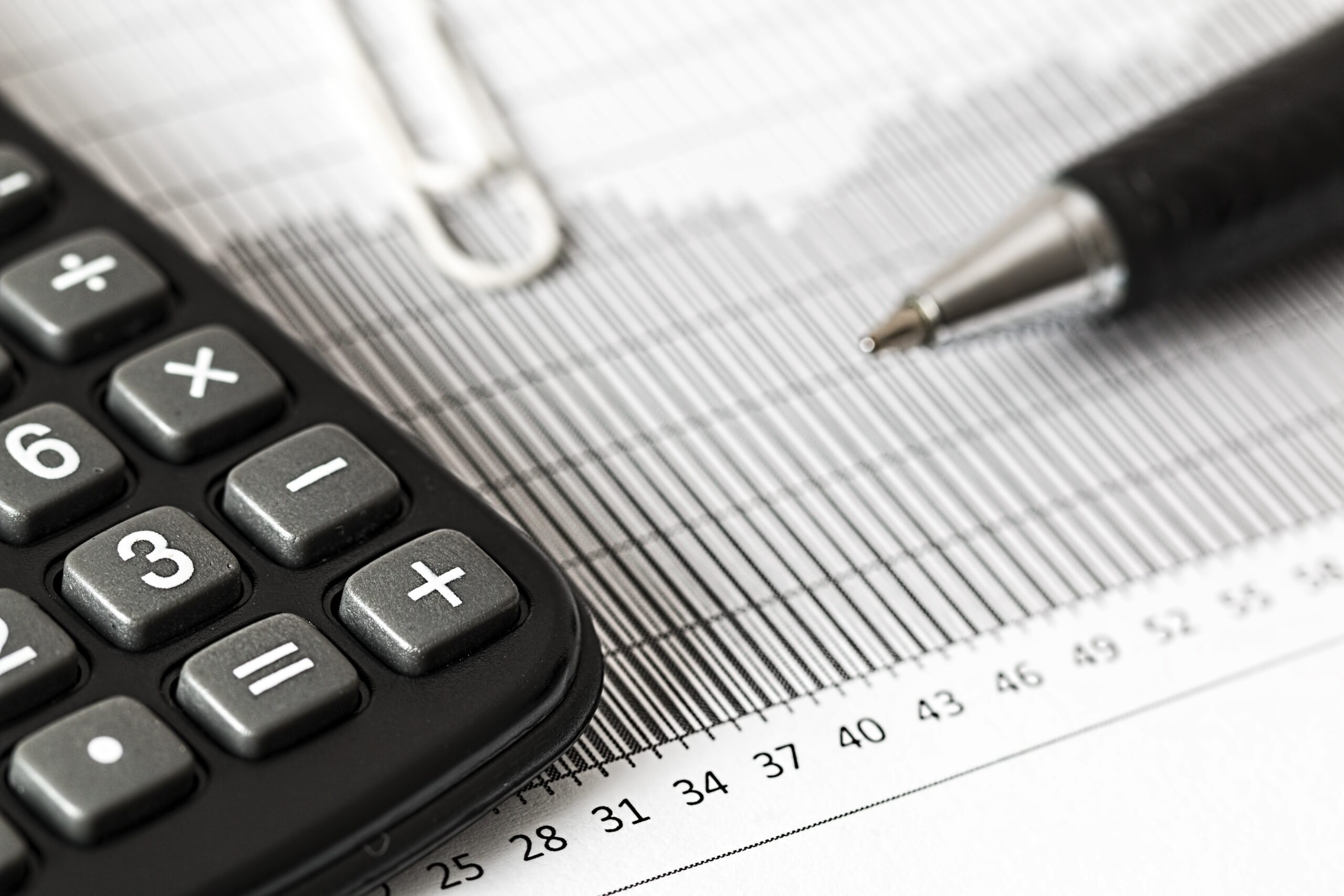
3 Things You Need to do Before You Invest
Investing for your retirement is very important. Many companies today do not offer pensions. However, they do offer RRSP match programs. Either way, do not rely on your workplace to help you retire. You need to take matters into your own hands. Investing for the long term is the way to do it. There are a few things you need to do before you start investing.
Emergency Fund
The purpose of an emergency fund is to cover your expenses for about 3-6months in the event that you lose your job. In Canada, we have access to EI (Employment Insurance), and for half of this year was CERB. However, the amount that you get from the government doesn’t usually cover all of your expenses, especially if you live in a major city.
Having at least 3 months set aside is important because you don’t want to be tempted to tap into your investments in the event of an emergency. You also do not want to have to use credit to cover an emergency.
Pay Off Major Credit Card Debt
Pay off that high interest credit card. PAY OFF that high interest credit card. PAY OFF THAT HIGH INTEREST CREDIT CARD! Okay, I think you get the point.
There is “good debt” and there is “bad debt.” It’s okay to pay off your Mortgage while you are investing. Time can be a useful factor for both. However, with a credit card, where you have to pay high interest, on top of trying to pay off the credit card balance, is “Bad debt.”
Invest in Educating Yourself About Investing
Spending a little time learning about investing, could make a real difference in how much you have when it’s time to retire. Here is a list of things you should have at least an understanding about before you invest, that way you can make an educated decision into your investments and not get taken advantage of by a sales representative.
- MERs
- Investment Accounts
- Brokerages
- Investment vehicles
- Fund Facts
MERs
MER stands for Management Expense Ratio. This is a combination of two things: 1) Management fees, and 2) operating expenses. For you to get the best return on your future investment, it is best that your MERs are less than 1%, anything higher will eat away at your returns in the future.
Investment Accounts
In Canada, we have a lot of investment accounts. The best ones to use when you are starting to invest are TFSAs and RRSPs. The reason for this is because of the tax breaks you benefit from while your investments are growing inside of them.
Brokerages
There are four main types of Brokerage Accounts: 1) Firms 2) Human brokers, 3) Self-directed accounts online, and 4) Robo-Advisors. It’s important to choose what’s right for you. I started with a Robo-investor, with a goal of learning about investing so that I can eventually do self-directed investing. Do your research! Many of these choices will have varying MER fees that you should make it your goal to be informed about.
Investment vehicles
Investment vehicles are exactly what you are probably thinking….they are the things you invest your money in. Common investment vehicles are: mutual funds, bonds, stocks, ETFs, and Index funds. The best way to choose your investment vehicle is by looking at the MERs that I talked about earlier.
Fund facts
Fund facts are information sheets that give you information about what you are investing in. Here is what is usually included: stock information, how long the investment vehicle has existed, what the returns are like, management fees, MER and much more.
Risk tolerance
Lastly, you should evaluate your risk tolerance against when your plan on cashing out your investments. Many Brokerages will have you take a survey to help you decide the best fit for you.
Hopefully this helps you on your way to preparing to start investing. Building wealth for our future is key to levelling up your wealth!






-
-
4 years
Tagged compoundinterest, retirement, Rule of 72